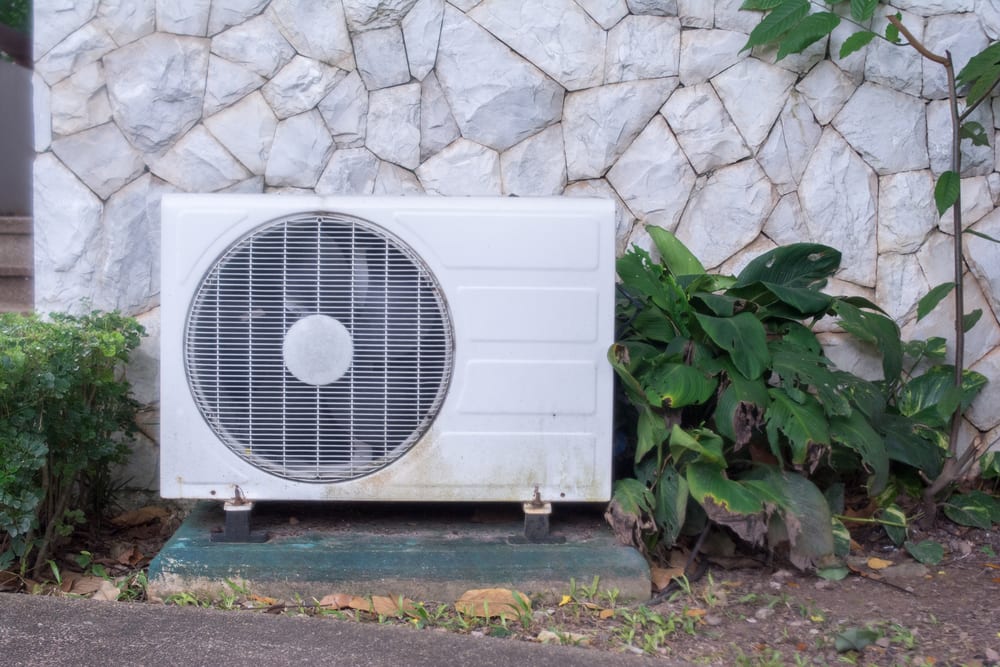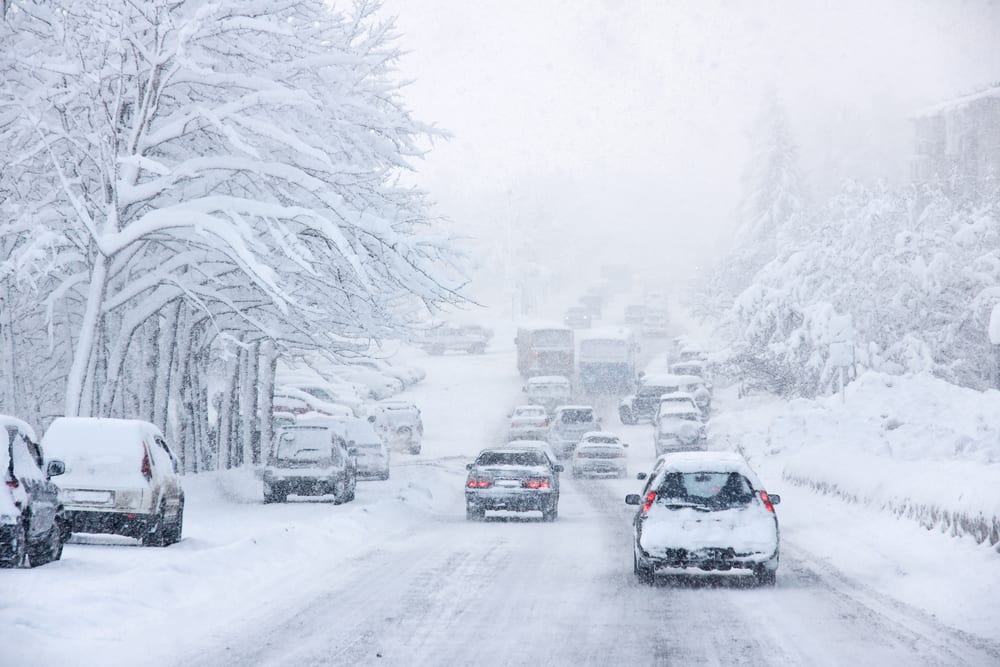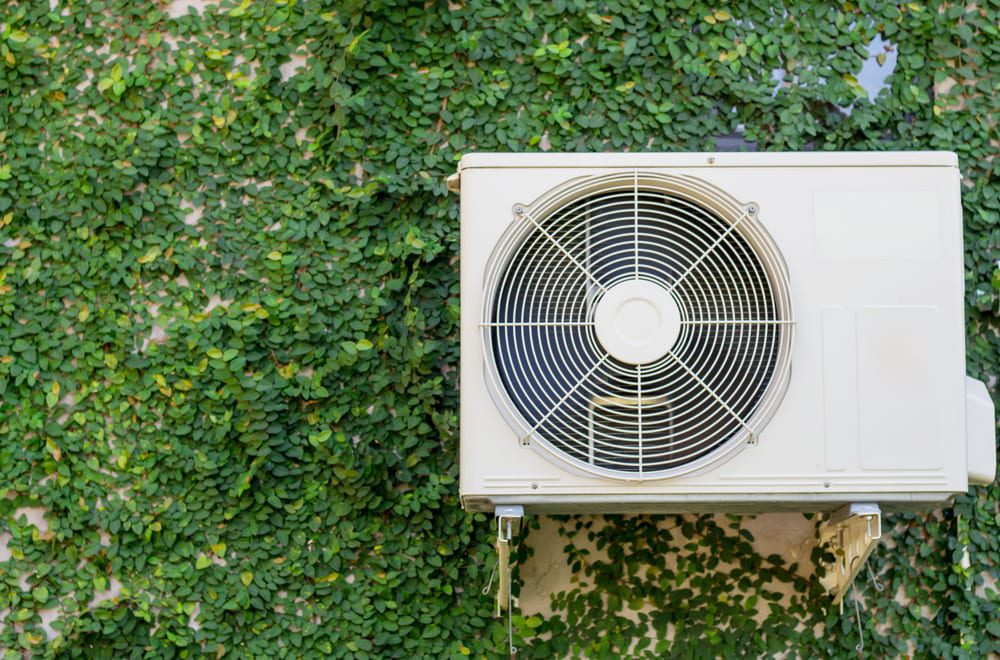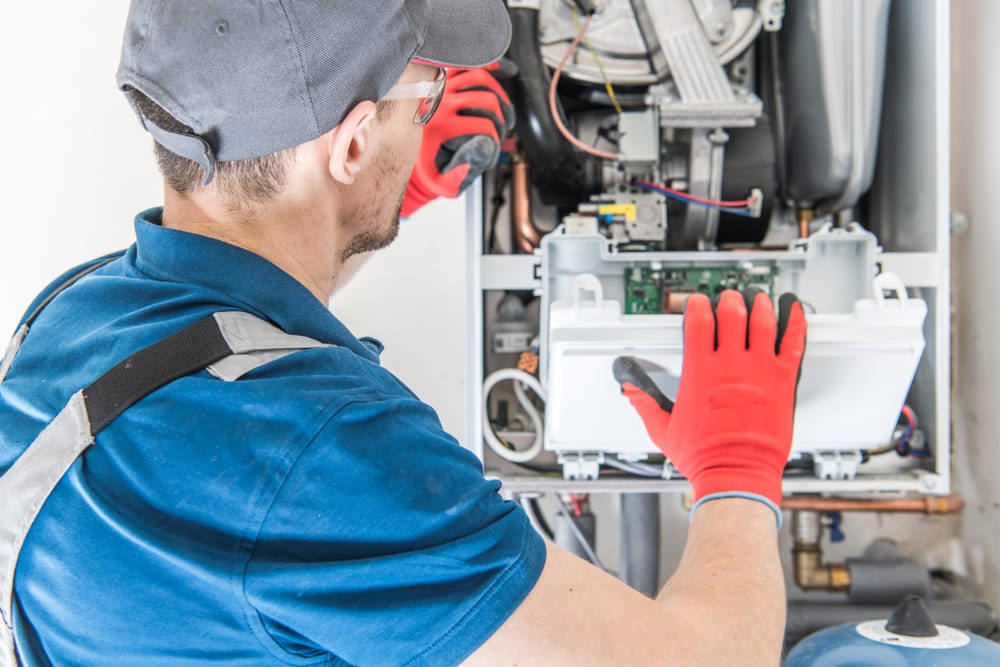
Heat pumps and furnaces are essential systems to have in your home throughout the winter months of the year. Many people use heat pumps and furnaces interchangeably. However, apart from heating up a home, they are very different.
Table of Contents
The Differences Between Heat Pumps & Furnaces
Heat pumps and furnaces have many varying factors and differences, from noise production to the cost of operating them.
Heat Transfer
One of the main differences between heat pumps and furnaces is that heat pumps transfer heat while furnaces generate it. A heat pump will suck in the air from outside and absorb the heat energy from it—even if the air is cold. Next, Its pressurized refrigerant lines help transfer heat throughout your home in the winter. On the other hand, a furnace burns natural gas to create heat that is distributed to each room in your house by a blower motor.
Noise Production
If you compare the amount of noise produced by heat pumps vs furnaces, you will notice that a heat pump is noisier because of its compressor. The compressor activates and deactivates often to circulate refrigerant through its pipes, creating a clicking and knocking sound from the air handler. Furnaces are quieter when they operate. They are usually located away from where people are, like in the basement or a utility room. So, the minimal amount of noise produced by a furnace usually can’t be heard.
Tips & Insights: 10 Pros & Cons of Installing a Heat Pump
 Performance in Cold Climates
Performance in Cold Climates
Heat pumps work perfectly well in cold climates, and can even heat a house with air that is below freezing. However, if you live in the midwest or in the northern states of the U.S. where the cold is more extreme, a furnace is probably a better option. If you live in places with long winters, or where it is cold often, a furnace should be used instead of a heat pump since it is more efficient at heating your home, despite how cold it is outside.
If you do live in these colder locations and still want a heat pump, a geothermal heat pump is your best bet. Geothermal heat pumps have refrigerant lines buried underground, where it does not get as cold, therefore still being effective at heating a home. If you live in warmer climates, like in California, Arizona, Florida, and Texas, a heat pump could be a perfectly good option.
Operational Cost
Simply put, heat pumps are cheaper. They use less energy than a furnace because they do not generate heat and instead just transfer it. If you’re analyzing the cost to operate heat pumps vs furnaces in the winter, the total cost to run a furnace could range from $850-$1,550. On the other hand, a heat pump only costs $500 to heat a home during the winter season. Furnaces are more expensive since they use up more energy by burning gas or running electricity through the heating coils to heat up the air.
 Components of a Heat Pump
Components of a Heat Pump
Although a heat pump is a reliable piece of equipment, it is not abnormal to encounter problems during the summer or winter seasons. To help you detect and eliminate an issue, we have created a list of the main components in a heat pump.
1.Outdoor Unit
Just like its name indicates, the outdoor unit is located outside in the backyard or near the side of the house. The outdoor unit is assembled with a motor, fan, defrosting control, reversing valve, and condensing coil. The motor and fan are engineered to extract heat energy from the outdoor air. Next, the warm air gets passed to the air handler and circulated throughout the house.
Tips & Insights: How to Fix a Leaky Faucet: Steps & Suggestions
2. Air Handler
The air handler is made up of an evaporator coil, electric heater pack, and a blower motor. The heater pack is designed to increase the temperature of the air when it’s extremely cold outside. The blower motor is utilized to transfer the air throughout the ductwork to each room in your house.
3. Line Set
The heat pump’s line set is a pipe system made of copper that carries refrigerant and connects the air handler to the outdoor unit.
 Heating Repair Services
Heating Repair Services
Whether you have a heat pump or a furnace, our licensed technicians have the tools and equipment necessary to eliminate your problems. Give our staff a call by phone at (904) 217-5694 to discuss your issue. With over 50 years of experience, we can repair, install, replace, or maintain your furnace or heat pump. Our heating repair services are accompanied by innovative warranties and intuitive pricing to avoid surprises. We offer same day services and next day installation support to residents in Jacksonville and other areas of Florida. Contact us and see what else we can do for you.

